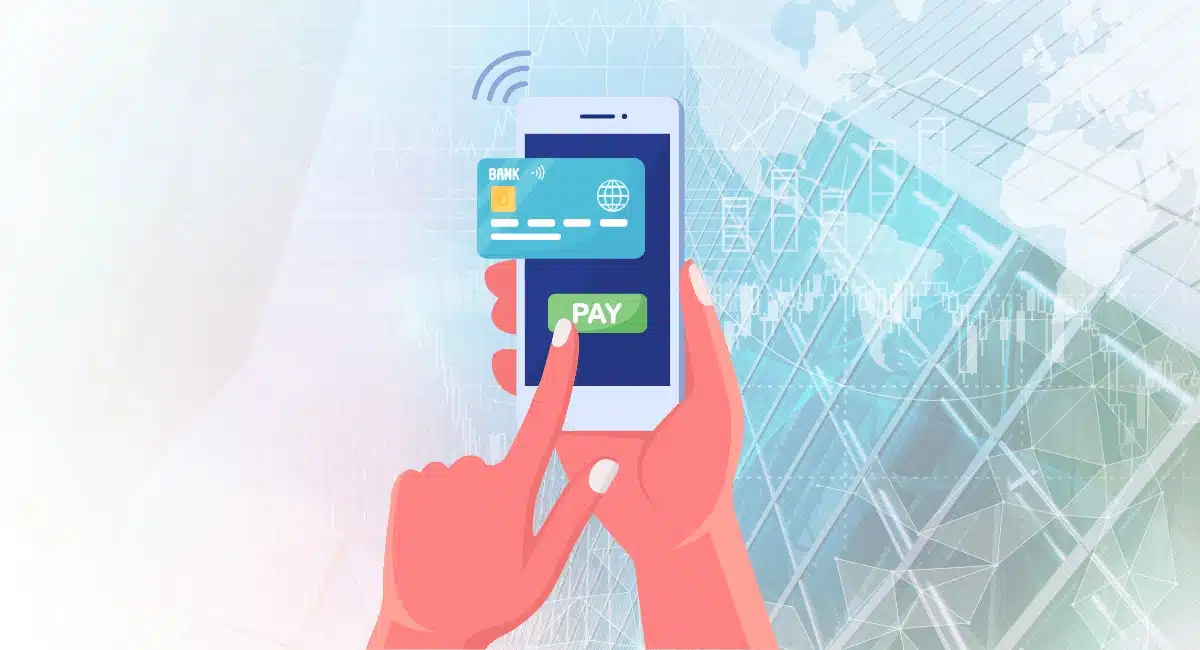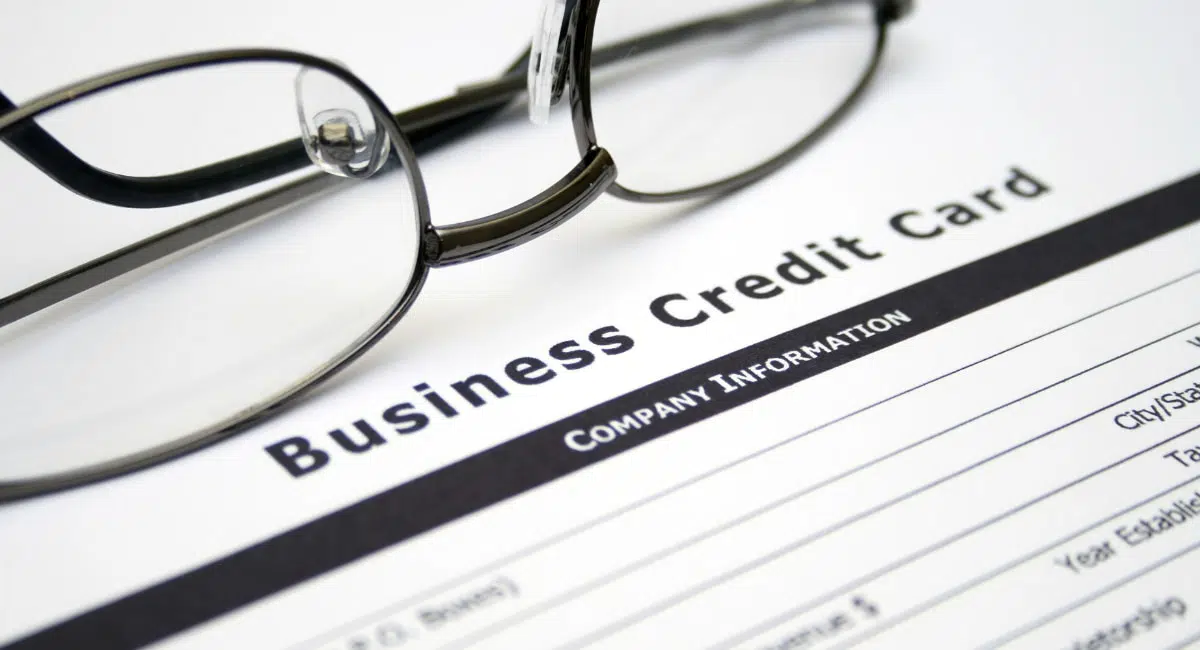A company or sole trader may benefit from getting a payment card for business transactions. Although largely the same as personal debit and credit cards, a business card must only contain money and transact for the business it is registered in.
You can choose between three types: a business debit, prepaid and credit card. These have different characteristics that make them suitable for different purposes.
Let’s explore the meaning of each, how they work and what the advantages and disadvantages are of the cards.
Overview of business card types:
| Business card type | Funds source |
|---|---|
| Debit card | Available positive balance or agreed overdraft up to a limit in bank/e-money account |
| Prepaid card | Available positive balance in prepaid account |
| Credit card | Credit up to a limit, repaid at following billing cycle(s) |
| Business card type | Funds source |
|---|---|
| Debit card | Available positive balance or agreed overdraft up to a limit in bank/e-money account |
| Prepaid card | Available positive balance in prepaid account |
| Credit card | Credit up to a limit, repaid at following billing cycle(s) |
Debit cards
A debit card is a payment card connected to a current account at a bank or e-money institution.
During debit card transactions, the payment amount is automatically put on hold in this account and not immediately transferred to the merchant. Instead, yours and the merchant’s accounts communicate to facilitate the transfer which can take a few days to process. Once complete, you will see the transaction in your account as complete as opposed to pending.
Because the debit is deferred this way, it’s possible to overdraw the account. It is nevertheless common for banks and account providers to reject payments exceeding the balance in your account or agreed overdraft limit, if a negative balance is allowed.
That said, it’s worth keeping track of pending transactions against incoming payments to avoid penalty fees if you do go over the account limit.
A debit card typically doesn’t charge for ATM cash withdrawals, and all card machines accepting the card brand (Visa, Mastercard, etc.) will accept a business debit card. The current account also allows typical banking transactions like standing orders, Direct Debits, Bacs and Faster Payments.
If the balance goes into the overdraft allowance (negative balance), the bank or e-money institution charges overdraft fees based on the amount and number of days in the negative balance. Few business debit cards have this facility, though.
Pros and cons of business debit cards
Pros
Cons
Prepaid cards
Prepaid cards are not typically linked to a bank account, but rather a balance in an online account you have topped up from a linked bank account or client payments. They are often included in a free business account.
They are sometimes – confusingly – referred to as a “prepaid debit card” or just “debit card”, even though this is not strictly true. Actual debit cards place a temporary hold on transaction money so it is pending at your bank before moving to the merchant’s account.
With a prepaid card, transactions immediately move money out of your prepaid account – similar to how gift cards work. You can only spend money that has been preloaded to your prepaid account. It always has a positive or nil balance, with no overdraft facility to draw on.
You can use a prepaid card for cash withdrawals, though often for a charge. In general, you can expect more restrictions and fees for transactions, such as bank transfers and incoming payments, with a prepaid card compared with a debit card.
Business prepaid cards are sometimes (though rarely) refused at certain businesses, such as online platforms and petrol stations. If your ecommerce business needs an account to receive payouts in, your chosen online store platform may not accept a prepaid account. Debit cards, on the other hand, are universally accepted by payment systems.
Pros and cons of business prepaid cards
Pros
Cons
Credit cards
With a business credit card, you have access to credit up to an agreed limit. This way, your business does not have to hold off on transactions when your main business account is low on money.
If the credit card bill is repaid in full at the next billing cycle (usually every month), you may not pay any fees. If, on the other hand, you only make the minimum payments required for the credit card bill, the remaining credit accrues significant interest fees.
Business credit cards are not that easy to get for a sole trader or small company, as you need a track record of business turnover and credit history. It is basically a loan requiring a credit check upon application, as the bank wants to know that you can handle repayments.
Many business account providers do not offer loans and therefore not credit cards. It is mainly the big high street banks that offer business credit cards.
Credit cards tend to have the best anti-fraud protection, so it’s a good card for covering your back for purchases or peace of mind if it gets stolen.
UK credit cards also come with a Section 75 protection, which falls under the Consumer Credit Act 1974. This gives the cardholder protection for individual purchases between £100-£30,000, so you are entitled to some or all of the money back if there’s a problem with the product or service purchased.
Pros and cons of business credit cards
Pros
Cons
What about virtual business cards?
Apart from prepaid, debit and credit cards, there are virtual business cards. These are digital payment cards kept in your business banking app or mobile wallet (e.g. Apple Pay, Google Pay) rather than physical, plastic cards.
Virtual cards can be practical for online purchases if you haven’t yet received a physical card, if it was lost or stolen, or you want to allocate expense cards quickly to staff members with their own banking logins. With a card in your banking app, you can always look up its details.
Some account providers also have one-off virtual cards designed to generate new card details for every purchase, or digital cards for specific types of transactions. Virtual cards for business expenses can be practical, but a physical card is often preferred when it comes to electronic card machine transactions.
Which to choose?
Online (e-money) business accounts tend to issue prepaid cards, whereas business bank accounts tend to issue debit cards, though this is not always the case. Since prepaid and debit cards tend to both have business banking features, you can get away with using either as your main business card.
That being said, you can expect more account and payment features, like an overdraft or IBAN, with a full-fledged debit card instead of a prepaid one. If you have a problematic credit history, it may be slightly easier to get a prepaid card, though.
Business credit cards, on the other hand, are more like a revolving loan facility with stricter eligibility criteria than other cards.
If a company plans to get a business loan in the future, it might be worth applying for a credit card to build your loan-worthiness by repaying the monthly repayment bills. But the high fees for late payments or accumulating debt could get expensive in the long run.




